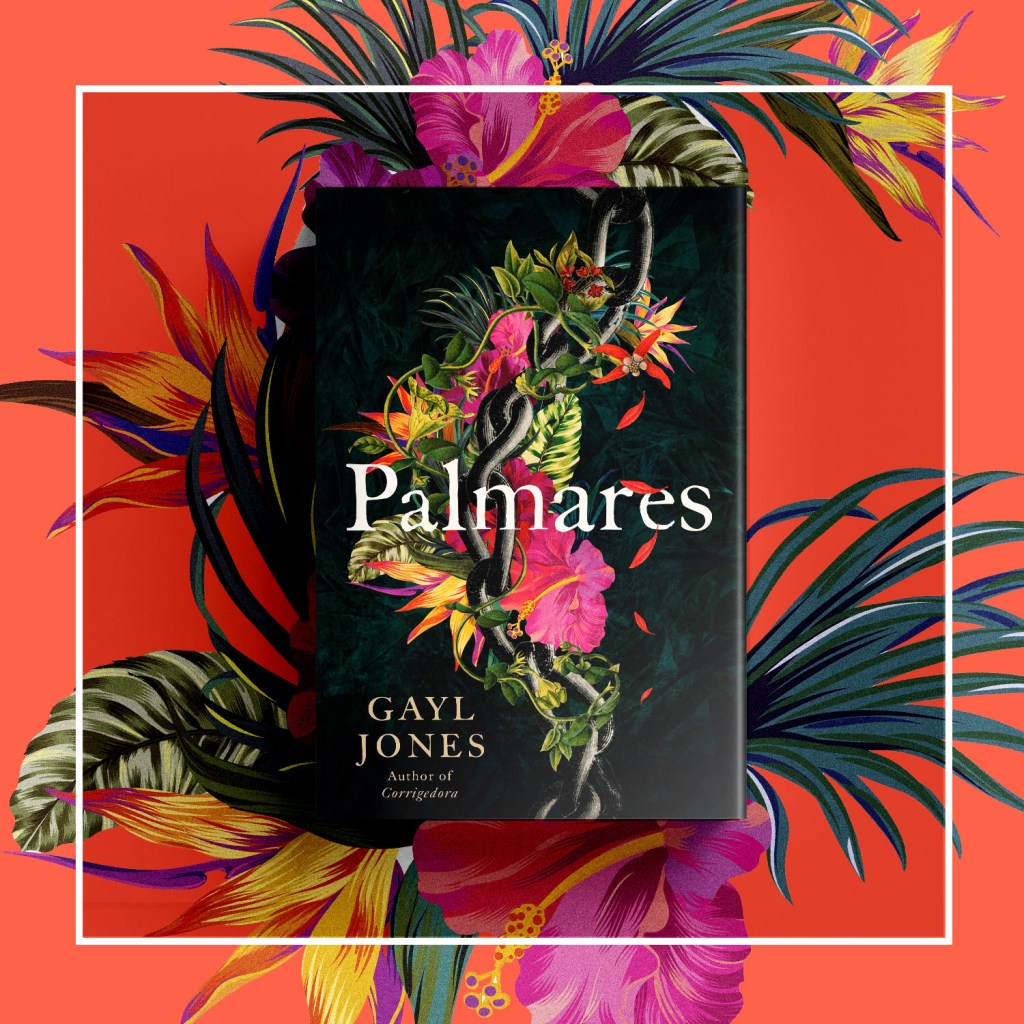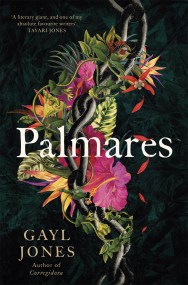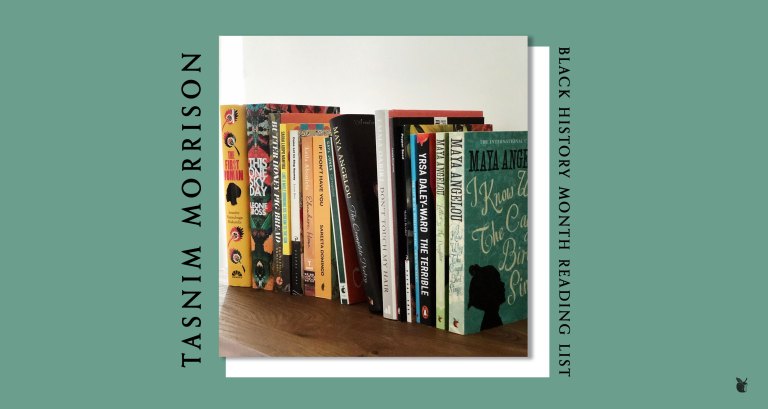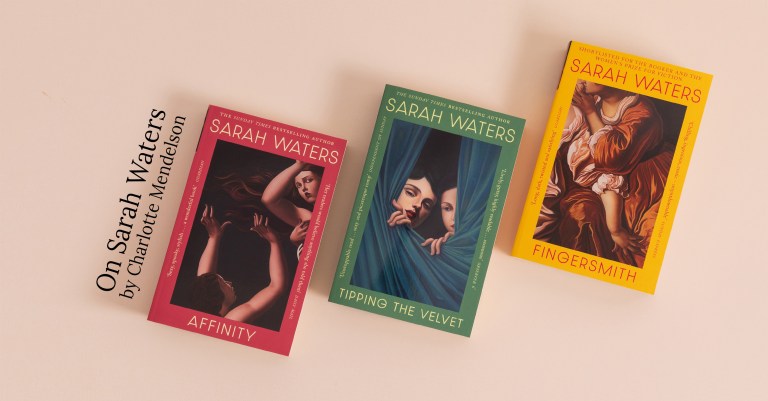Read an extract from Palmares by Gayl Jones
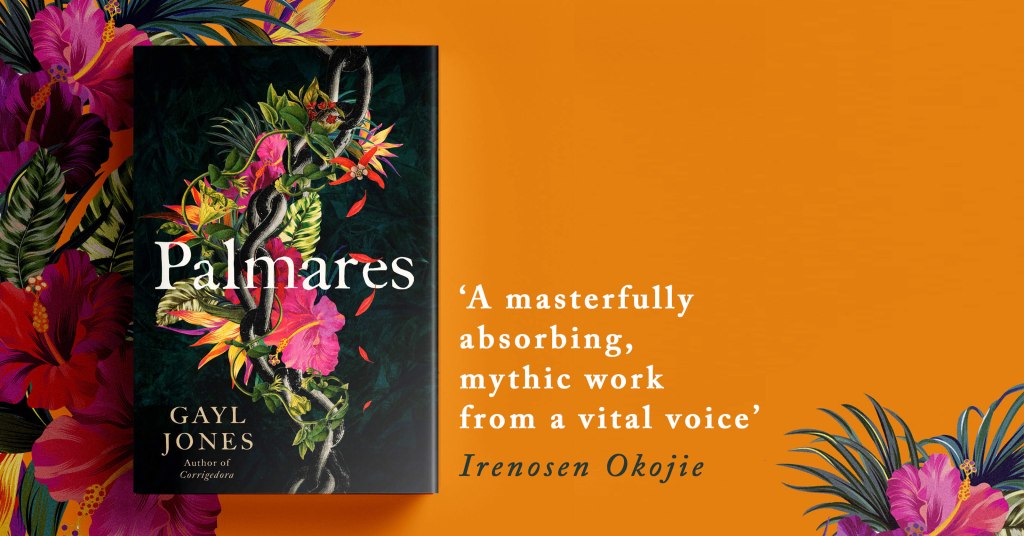
Palmares hails the return of a major voice in literature – ‘the best American novelist whose name you may not know’ (Atlantic). Gayl Jones was first discovered and edited by Toni Morrison, and her talent was praised by writers including Maya Angelou, James Baldwin and John Updike. After a handful of acclaimed novels, she withdrew from the publishing world. Now Jones returns with her first new novel in over two decades.
In Palmares, Gayl Jones brings to life a world full of unforgettable characters, reimagining extraordinary historical events and combining them with mythology and magic. The result is a sweeping saga spanning a quarter of a century. Of Gayl Jones, the New Yorker noted, ‘[Her] great achievement is to reckon with both history and interiority, and to collapse the boundary between them.’ Like nothing else before it, Palmares embodies this gift.
Read the first chapter here:
Mexia
Mexia, half black and half Indian, was said to be the concubine of a Franciscan priest, Father Tollinare. It was a rule that Franciscan padres were to take only old black women for their housekeepers, but Father Tollinare had taken a young woman, and not a preto, and so it was said that she was not only his housekeeper but his woman, his mistress. She was beautiful, more beautiful than a caboclo, with dark smooth skin of both the black and the Indian, so that her complexion was like red clay. She was plump but small-waisted, the ideal for a woman then. She wore a black string around her plain muslin dress, to show off her small waist and accentuate her hips. Her hair was shiny like the Indian’s, but stood tall and thick on her head like any preto’s. Her cheekbones were higher than any I’ve ever seen, and her large, round eyes were mostly melancholy, but sometimes they’d sparkle. She never spoke to anyone. I had never heard her speak even to the Father. Perhaps if what people said was true, she spoke when they were alone together, at those intimate times, but what if not then? What if she did not speak even at those moments? What of it?
To me she seemed a good woman, and I’m sure she knew the Portuguese as well as anyone in Bahia, better than most. I heard Father Tollinare once call her Silent Spirit.
Father Tollinare lived in rooms attached to the chapel of the casa grande. The walls were thick and white and there was little furniture, only a hard bed, a table, a long rosewood bench, and many chairs. A painting of a longhaired, dark-skinned Christ was on the wall, his eyes large and melancholy as Mexia’s. In looking at the painting one is drawn to the eyes first and then outward to the rest of the man. He had long dark lashes, dark curly hair and beard, and a high forehead. He could have been a dark mulatto or an Indian. His nose was medium sized and rounded, not sharp and pointy like the Europeans’. When I first saw the painting, I thought the eyes were Mexia’s, but then Father Tollinare explained to me that that was the Christ. He didn’t explain then that his own Christ was as pale as himself and that the dark one was to better lead us dark ones to Christianity.
I was too young to understand the tale of the priest and his concubine, but no one on the plantation showed any moral outrage toward either Father Tollinare or his woman – it was only outsiders. It is said that once, for instance, two of Father Tollinare’s superiors from Rio came to visit and stayed there expecting to be angry and offended, but had ended up themselves developing some attachment to the woman and respected her reserve and dignity. When they left, it is said, they both bowed care-fully to the woman and had looked at Father Tollinare with what could only be described as envy. I’d not seen this for myself, but had heard my mother and grandmother and other women who sat about in a hut in the senzala smoking long pipes and talking.
‘They looked at her as if she was something sacred,’ one woman said.
‘Yes, and at him with envy.’
‘It wasn’t envy. Priests don’t have envy. They don’t have emotions.’
‘Love of God then.’
‘I’m no Christian. They looked at her as if they wanted to take possession of her their own selves. What’re you looking at me for? I’m no Christian.’
‘What’s the matter with her? She never talks.’
‘But she does no harm to anyone.’
‘You can see in his eyes how he loves her. Not like a senhor de engenho.’
‘He couldn’t. Priests are only supposed to love God. It’s just an evil tale.’
‘I know a priest who sent his sons to Europe to study.’
‘Sons did you say?’
‘Sim. He can’t bear it when she’s not there. He has to see her, even if she’s silent as a fig.’
‘I bet she talks to him. I bet she talks to him those times of sim sim sim sim.’
‘I wonder if she loves him.’
‘Look at Almeydita, how she’s watching with her ojos grandes. Come and sit beside me, menina. What d’you think?’
‘I think he loves her.’
‘She doesn’t know what it all means.’
‘Sim, she does. You know sim sim sim sim. Here’s coconut milk and cinnamon.’
I was seven and I was a slave. I liked Father Tollinare because he had taught me how to read. He brought black, Indian children, and white ones from the casa grande into his rooms and taught us all together the catechism and how to read from the Bible. Sometimes the woman Mexia would be there, sweeping or making a sweet out of manioc flour. But she never spoke.
Once I entered the room early and alone. Father Tollinare had not come yet. But Mexia was there mixing something with molasses, Brazil nuts, manioc paste, cinnamon, clove, and fruit. I stood watching her, and when she finished, she gave me a little bowl of it to eat. She handed it to me with such gentleness, but didn’t speak to me.
I learned to read and write between the ages of seven and nine years. I learned some geography and all the Bible stories and lives of the saints. Some places in Bahia not even the children of the brancos are taught anything, so I considered the years with Father Tollinare to be fortunate ones.
Father Tollinare was a tall reinol, born in the Old World, with a high, broad forehead, and big hands sticking out of the sleeves of his cassock. During the studies, he’d pass one worn Bible around and we’d read the stories, and he’d shake his head when we dropped letters off the ends of words, and he’d say, ‘In Portugal they say it this way.’ ‘
But here we say it this way,’ I protested once. He looked at me sternly. He told me to give the book to Rafael. I did, swinging my legs and string down at the dust on my feet. Rafael read the passage over and put in the missing letters.
Father Tollinare smiled and said, ‘That’s the way it should be done.’ I started to say again ‘But that’s not how I hear them say it in Bahia. The pretos or brancos either.’ Instead I said nothing. I was afraid that if I spoke a second time, he might scold me and send me out. I was silent because I wanted to know how to read and write the words, even if I continued to pronounce them a different way.
In dreams I would always hear myself challenging him, though.
‘If you were in Portugal, how’d you say that?’ he’d ask.
‘I’m not in Portugal.’
‘Read that word.’
‘I don’t know it. I’ve never heard it.’
‘What’s the meaning of it?’
‘If I heard it, I’d know.’
But mostly it’s the woman Mexia who stays in my memory. When I was seven she was the image for me of what it might mean to be a woman in this world.
I remember when I was sitting in the corner eating my bowl of sweet mixture that Mexia had given me, the Father came in and tapped me on the forehead.
‘What’s good, Almeydita?’
‘This is.’
‘I mean what does it mean to be good? What does it mean to be good in the world?’
I looked up at his round gray eyes but said nothing.
‘How do you know what is good for life and for the soul?’ he persisted.
I admitted I didn’t know.
‘Do you think you’ll find your spiritual place in this world?’
I didn’t answer and he tapped my forehead again. Then he went and sat at his long wooden desk and opened his catechism. He had a slender, delicate nose. Mexia left the room and came back bringing him a washbasin and a linen towel. He said nothing to her. He didn’t say thanks. He didn’t even smile. She handled his big hands in the washbasin, massaged the tips of his fingers and his palms. She looked at him but didn’t speak. As I watched her, I could see myself as a tall, silent woman, but I couldn’t picture a place for myself. I kept watch-ing Mexia standing over the huge man in the dark cassock. His nose seemed too slender and delicate for his size. I watched them and pictured them in a field of sugarcane. She stood with her back to him. He had his hand flat against her back and was whispering something close to her. At first I couldn’t imagine what he was saying, then I heard him say, ‘Sim. Sim. Sim. Sim.’
When Mexia finished washing his big hands, she turned, saw me and looked as if she’d forgotten I was there. I wondered if that was what the Father meant when he spoke the word ‘epiphany.’ She turned her eyes from me and went out.
As soon as the other children came inside and took their seats, Father Tollinare got up from his desk and stood in front of me first with the huge Bible. He said my name several times before I took the Bible and began to read, leaving off the end letters. He shook his head, but this time he didn’t scold me. Instead he simply passed the book to a young Indian girl who kept all the letters as she saw them. I felt he must’ve understood that I could have done the same thing if I’d wanted to. I felt arrogant in my small defiance.
After the schooling, I entered the hut of my mother. The hut was in the senzala some distance from the big house, behind the cinchona trees. My grandmother was sitting in her hammock making a basket. My mother sat in the corner cutting cassava and shelling ground nuts.
I asked my mother, ‘Do you believe Father Tollinare makes love with the woman Mexia?’
My mother frowned deeply, then she said, ‘Priests don’t make love with women. Priests make love with no one.’
My grandmother laughed. ‘They love the holy virgin,’ she said. She laughed again. ‘I haven’t known one priest who didn’t love the holy virgin.’
My mother went on cutting cassava. My grandmother kept laughing.
‘Is Mexia a holy virgin?’ I asked.
‘No,’ said my mother.
My grandmother laughed again. I looked at her and smiled because people said my grandmother was a crazy woman.
‘Hush and come help me shell these nuts,’ said my mother. ‘Hasn’t the priest been good to you?’
I smiled at my grandmother, then I sat on the ground beside my mother, who pushed the basket of ground nuts toward me.
‘Tomorrow we’ll go for a walk, Almeydita,’ said my grandmother, ‘and I’ll tell you all about sim sim sim sim. I’ll tell you all about what takes place between a man and woman. I’ll take you to the place of the men and women.’
My mother gave her a scolding look.
‘I’m a crazy woman. I can take her anywhere,’ my grandmother said.
That night, in my hammock, I dreamed I was Mexia. I washed his hands in the basin but they turned as dark as my own and then he took my little hands in his big ones. His face was still large and red with the delicate nose that quivered and he was wearing strange clothing like the wings of butterflies or some rainbow-colored fish, but his large hands were my color and he kept holding mine in his as he whispered to me.
‘Mexia, why don’t you ever speak to me?’
I, as Mexia, said nothing.
‘Why’re you such a different woman? Why’re you so strange? Why’re you so contrary? Why don’t you ever talk to me?’
Still I didn’t answer.
‘You know why you’re here, don’t you?’
I looked up at his gray eyes.
‘Because of all the others I felt that you had a greatness of spirit. But now I’m not sure. Now I’m not too sure. Now I’m not so sure at all. Say something. Eh, you’re just a creature like all the others. But I love you. Don’t you believe that? I love you so much. Why don’t you say something to me, woman?’
But I kept standing there, saying nothing. Then his look changed.
His nose still quivered, but it was a different sort of quiver. ‘Well, I’ll sell you to Father Cordial. He wanted you. I’ll sell you to Father Cordial or Father Conto. I can’t abide strangeness.’
All that I heard in my dream, although he’d never said a word to her in my presence.
‘Talk to me, Mexia,’ he snorted. Then he said the same thing tenderly. I remained silent.
‘What’re you doing here? Don’t you know you’re a danger? Don’t you know you’re a danger?’
He put his hand on my shoulder. It was a soft hand, as white as lace.
‘Every day you become more dangerous. But every day more wary and elusive.’
I’d never heard him say a thing to her, nor had I ever heard those words before, yet I heard him say them in my dream, as clear as day.
‘Speak to me, Mexia. I know you’re an intelligent woman. I know you’re not a dumb creature, like the others.’
Order a copy of Palmares by Gayl Jones now:
A FINALIST FOR THE 2022 PULITZER PRIZE FOR FICTION
Palmares hails the return of a major voice in literature - 'the best American novelist whose name you may not know' (Atlantic). Gayl Jones was first discovered and edited by Toni Morrison, and her talent was praised by writers including Maya Angelou, James Baldwin and John Updike. After a handful of acclaimed novels, she withdrew from the publishing world. Now Jones returns with her first new novel in over two decades.
AN EPIC TALE OF LOVE AND LIBERATION SET IN SEVENTEENTH-CENTURY COLONIAL BRAZIL
From plantation to plantation, Almeyda, a young slave girl, hears whispers, rumours of Palmares, a hidden settlement where fugitive slaves live free. But can this promised land exist? And what price is paid for 'freedom'?
In Palmares, Gayl Jones brings to life a world full of unforgettable characters, reimagining extraordinary historical events and combining them with mythology and magic. The result is a sweeping saga spanning a quarter of a century. Of Gayl Jones, the New Yorker noted, '[Her] great achievement is to reckon with both history and interiority, and to collapse the boundary between them.' Like nothing else before it, Palmares embodies this gift.

